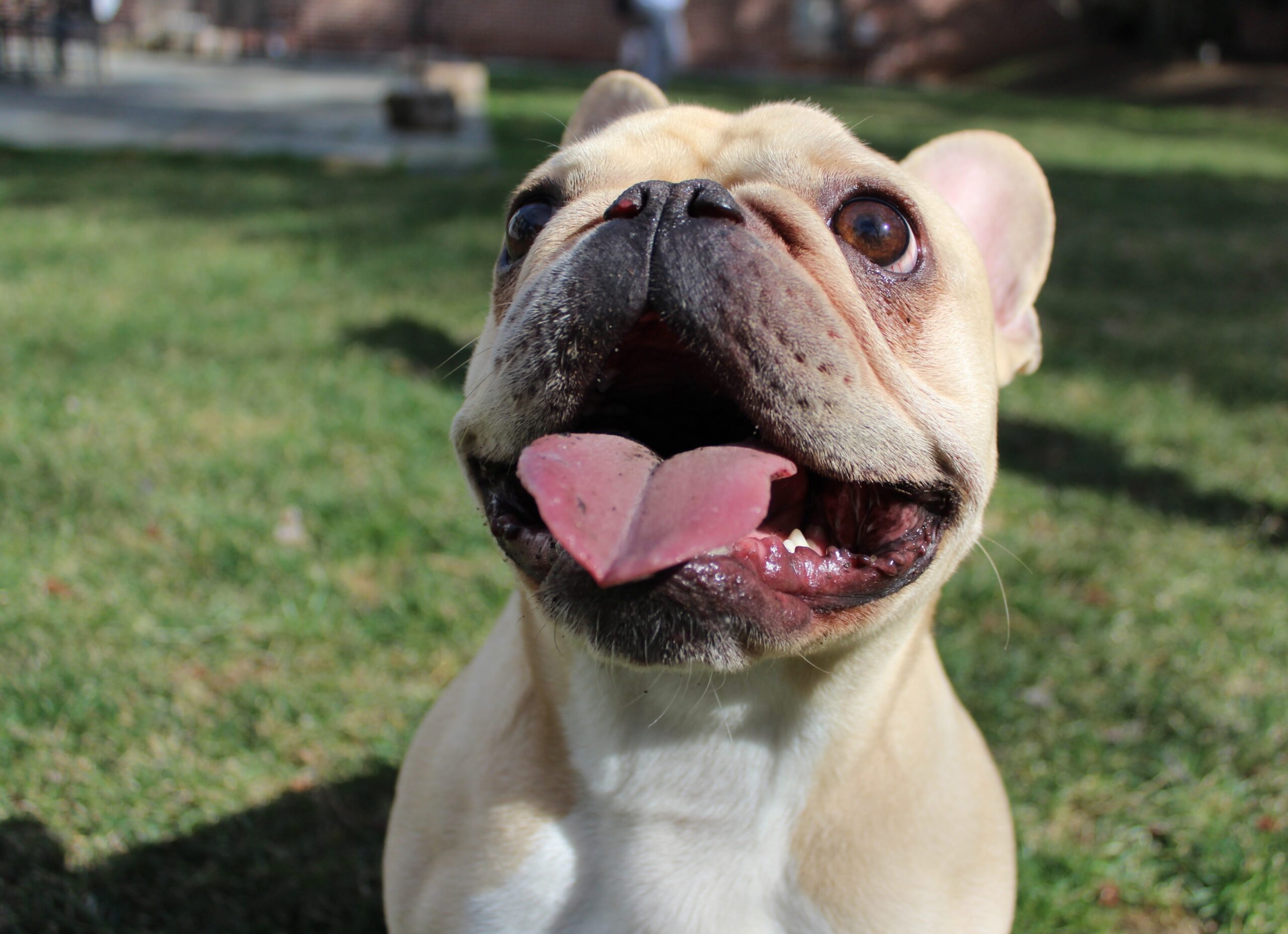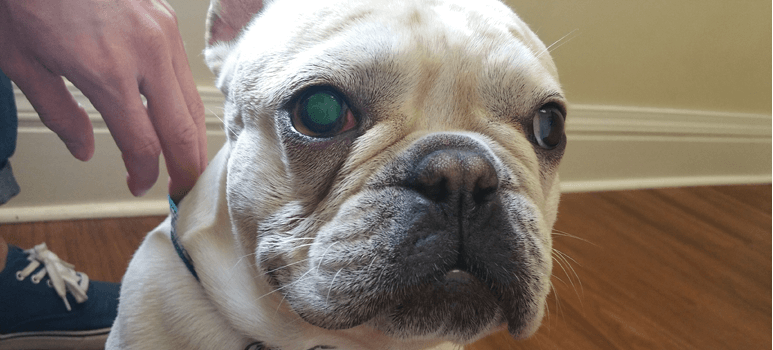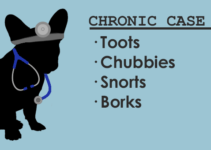For many people, the idea of having a dog with allergies is something they would not want to deal with. But if you are looking for an allergy-friendly breed, then the French bulldog may not be your best bet. If you are a French bulldog owner, I’m sure that one of the many questions you have been asked is whether or not your pup is hypoallergenic. If you want to find whether French bulldogs are hypoallergenic or not, then read on to find out more about this cute and cuddly pup that loves being around humans.
Are French bulldogs hypoallergenic?
If you or your loved ones suffer from severe allergies, it is best not to have a French Bulldog in the house. A dog like this can trigger an allergic reaction and make life difficult for those with breathing issues caused by their condition.
Allergens are present in the saliva of every dog. At the same time, many people like to think that their pup is hypoallergenic. Unfortunately, this isn’t true! Frenchies are one breed that still has traces of allergens in their fur, which means you can never kiss them without risking a sneeze from yourself due to dog dander allergies.
What does hypoallergenic mean?
It’s no surprise that allergies are common in French bulldogs. Allergens can be found throughout their saliva, and they shed hair just like anyone else. French Bulldogs have long been known for being a shedder breed which means if you’re allergic to dander, then this cute pup might not work out so well because his coat will leave him everywhere he goes.
If your dog is hypoallergenic, he will not produce any of the substances known to cause allergies or adverse reactions in humans. Therefore hypoallergenic dogs are safe for those people that suffer from allergies. Allergy usually occurs when the immune system becomes overactive to any harmless substance.
Allergies in humans result from proteins found on the dog’s skin, saliva, and fur. These allergens accumulate to form particles that trigger an immune response when they touch or come into contact with it. Dogs shed dead hair and dry skin flakes that are called dander. These things become a source of allergy for humans.
Are there any hypoallergenic dog breeds?
Even though some breeds are considered more hypoallergenic than others, there is no such thing as a completely “hypoallergenic” dog. If your dog is a minimal shedder, it is still possible that its saliva can still cause a severe allergic reaction in people. If you are a sensitive person and often suffer from allergies, you should consult your vet first before getting a dog. Although Frenchies have short hair, are small in size, and do not need a lot of maintenance, they are not hypoallergenic.
How hypoallergenic are French Bulldogs?
French bulldogs are short-haired, but they still shed a small amount of hair. Frenchies shed fur twice a year, and they shed it in a large amount. They usually shed their coat in the late fall and spring seasons. Your dog will also shed more if he eats a poor diet or lives in poor hygienic conditions. One of the main problems in French bulldogs is skin inflammation. Frenchies have susceptible skin due to their skin fold, and they are much prone to skin inflammation. But if you want to get a French bulldog irrespective of your allergies, you should exercise some caution.
- Frenchies commonly shed a small amount of hair. But they have seasons when the shedding is excessive and can initiate allergies for those with sensitivity issues. Take special care in those seasons.
- French Bulldogs love to slobber all over you. They’re so affectionate and friendly that it’s hard not to get infected by their happy-go-lucky attitude. Their saliva contains protein that can spread allergy, and the drooling is constant for the whole year, so there is the constant threat of allergy sufferers for the entire year.
- They have small and tough hair, and dander can easily get caught in it. As you know, frenchies love to remain close to their owners and can easily spread allergens in them.
If you’re allergic to dogs, a French bulldog isn’t going to kill your immune system. But they can cause reactions that are uncomfortable and even painful for you.
What if you can’t resist Frenchies and still want to get one?
If you are allergic to dogs but still want to get a Frenchie, there is no need to worry. Here are some ways by which you can take care of this problem
- No matter how many times you bathe your dog, the shedding skin and other irritants that get stuck in their fur will keep coming out. Regular grooming helps reduce allergic reactions by keeping these allergens from building up on your pup’s body over time.
- Brushing your dog’s coat regularly is vital to the health and happiness of both you and Fido. It reduces allergies when cleaning, but don’t forget that it is also essential for removing dead hair from their skin with a medium bristles brush. To reduce the chances of an allergic reaction, always wear gloves and use a face mask when brushing their coat.
- Keep your little Frenchie’s facial skin clean and healthy involves cleaning the area around their eyes and mouth.
- Trim the Frenchie’s nails regularly to avoid unnecessary stress on their sensitive little paws. It will also make them less susceptible to scratching or biting, which can cause allergies in humans.
- Your dog will feel better if you give them the proper diet. Dogs need to eat enough vitamins, which can be found in high-quality food. The vitamins in the diet will help reduce incidences of shedding.
- If you are allergic to dogs, then don’t allow them to get in your bed. If you allow your pup to get in bed, then regularly clean your sheets and all the other items they contact.
- Before adopting a Frenchie spend some time with them as a new family member comes into your life. This will help you in learning whether you can live with a French bulldog or not.
Conclusion
The Frenchie is not hypoallergenic. They are, however, minimal shedders and great for people who don’t want to deal with a lot of dog hair in their homes. If you’re still on the fence about whether or not this breed would be suitable for your family, consult your vet as they can guide you best.





No Responses